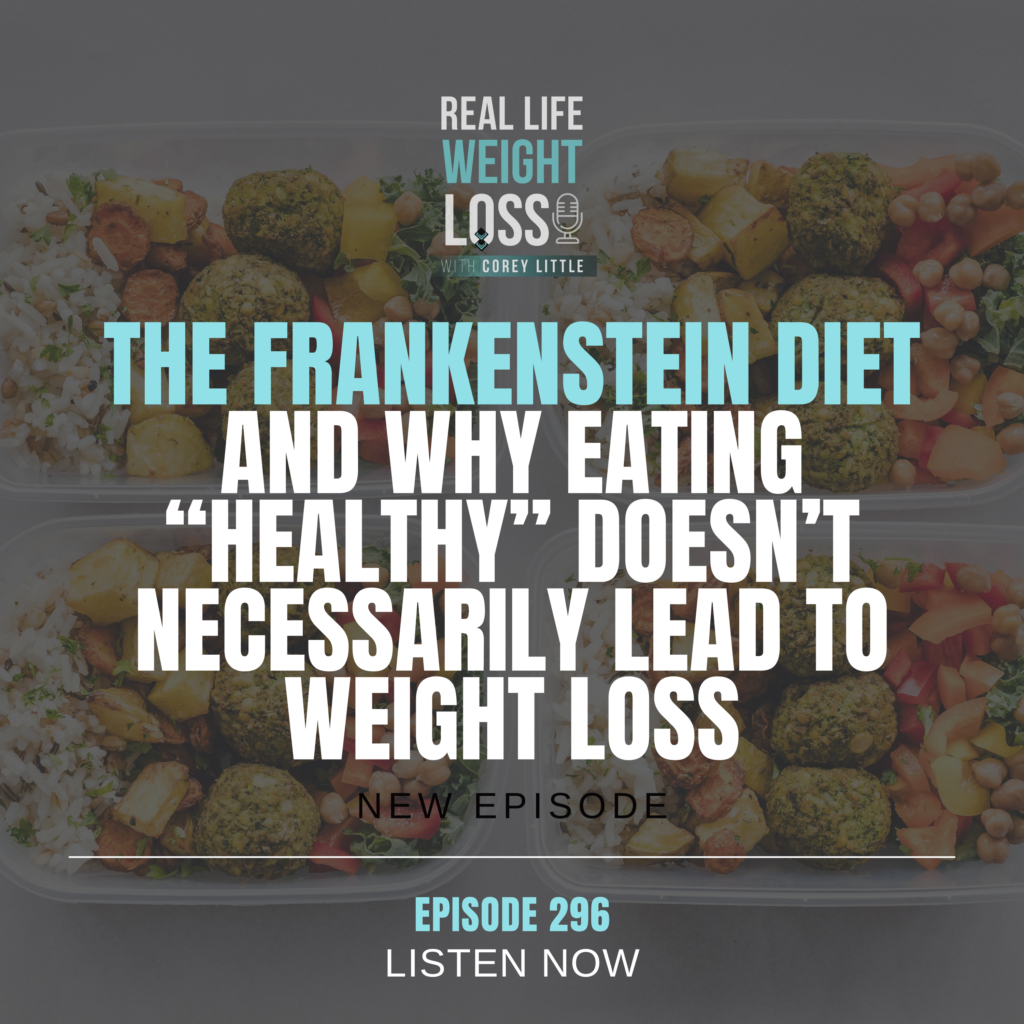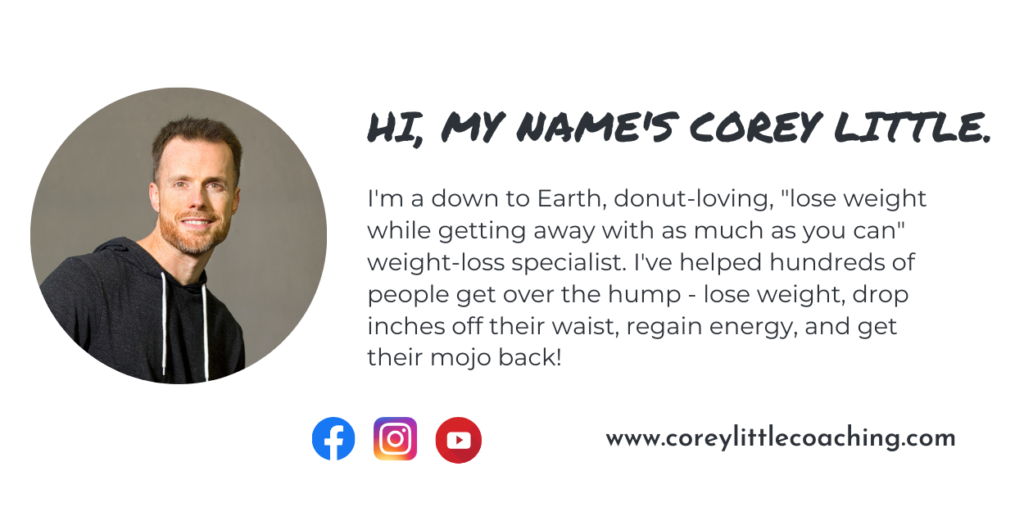 Listen on Spotify | Listen on Apple Podcasts
Listen on Spotify | Listen on Apple Podcasts
This week on the podcast, we’re tackling a concept I call the Frankenstein Diet. This isn’t about spooky monsters, but it’s a crucial idea that can help you understand why eating healthy doesn’t always translate to weight loss.
The Frankenstein Diet and Why Eating “Healthy” Doesn’t Necessarily Lead to Weight Loss
What is the Frankenstein Diet?
The Frankenstein Diet happens when you mix and match elements from various diets to create your own unique version. While this might sound clever, it often leads to confusion and suboptimal results. A member of my inner circle coaching group, whom we’ll call Janet, exemplifies this issue. Despite eating healthy, she wasn’t losing the last 10 pounds she wanted to shed.
After digging into Janet’s diet, I discovered she was following a Frankenstein Diet. She combined bits from different diets she had tried or read about, leading to a hodgepodge that wasn’t effective for weight loss. This is a common issue many people face without realizing it.
-
Have You Created Your Own Frankenstein Diet?
Have you taken parts and pieces from various diets that you liked or found easy, creating your own diet plan? This mishmash approach can be problematic. Diets are designed to work in their entirety, not as a mix of various elements. Mixing diets is like speaking multiple languages in one conversation—it leads to confusion and inefficiency.
-
Keto-ish is Not Keto
Another pitfall is doing “keto-ish.” The keto diet’s effectiveness comes from achieving a state of ketosis, which requires very low carbs, moderate protein, and high fat. Simply reducing carbs slightly and adding more fats won’t put you in ketosis. Worse, combining fats and carbs can lead to weight gain, not loss. If you’re not fully committed to the keto guidelines, you won’t see the desired results.
-
Eating Healthy Can Sabotage Weight Loss
Eating healthy is beneficial for overall health but doesn’t automatically lead to weight loss. Many people think that just because a food is healthy, it will help them lose weight. However, consuming large amounts of healthy fats, like avocados or nuts, can lead to calorie overconsumption. A prime example is a client who ate six or seven oranges a day, consuming excessive sugar and hindering his weight loss despite eating “healthy.”
-
The Solution: Learn and Apply
Instead of relying on trendy diets for quick fixes, focus on learning about your body, nutrition, and how food affects you. Choose a weight loss program or coach that educates you, explaining the what, why, and how. This approach empowers you to understand your body and make informed decisions, leading to sustainable weight loss and health.
Remember, your health, fitness, and body are too important to be left to the latest diet trend. Take the time to learn, apply, evaluate, and repeat. By understanding your body and how food impacts it, you can achieve long-term success and become the master of your own health.

